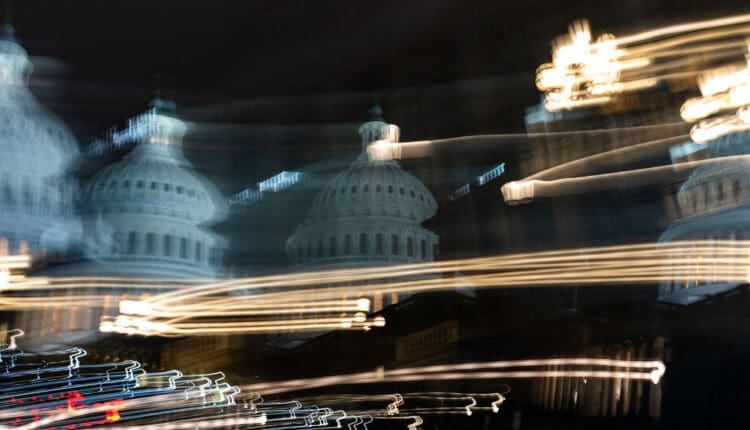
Outgoing House Members Question Their Purpose
TL/DR –
The article discusses the high number of US House members choosing to leave, with 54 (about one-eighth) of all House members not seeking re-election. The decision to depart, in many cases voluntarily and without electoral pressure, is due to mounting disillusionment with the institution, which is now perceived as dysfunctional, dominated by brawlers rather than serious lawmakers, and fraught with mounting hardships. A lack of fulfillment, the frozen salary of $174,000 since 2009 causing financial challenges, increased threats to safety, and the lingering trauma from the January 6, 2021, Capitol assault are among the reasons causing this exodus.
Mass Exodus of House Members Calls into Question Effectiveness of Congress
During a routine trip from his Oregon district to Washington, long-serving Democrat Earl Blumenauer questioned the point of continuous voting that made no difference. This sentiment is far from unique, with 54 House members or one-eighth of the body deciding not to seek re-election in November. This significant turnover includes rising stars, seasoned legislators, and committee chairs.
Of the 54 departures, three members were forced out due to expulsion or gerrymandering, and two through death. Another 18 vacated seats to seek different offices, leaving 31 members – 19 Republicans and 12 Democrats – leaving voluntarily.
Despite significant incumbency, influential Republicans like Patrick T. McHenry express disillusionment with the lack of real legislating in Congress. As the sense of malaise grows, even those not leaving express dissatisfaction. Notably, the exodus includes respected Republicans Mike Gallagher and Jake LaTurner and influential committee chairs such as Cathy McMorris Rodgers.
The Changing Face of Congress
These departures indicate a shift in Congress, with previously respected institutions now dominated by attention-seekers. This disruptive behavior has led to stagnation in Congress. In the 118th Congress, only 64 bills have been enacted, significantly less than previous congressional terms.
Alongside this slow pace of governance, financial challenges have emerged. With stagnant salaries since 2009, members of Congress, who are required to maintain residences in both Washington and their home districts, are feeling the strain. In addition, the increasing threats and hostility against politicians have made the role more dangerous.
Impact of the January 6 Assault
For many, the assault on the Capitol on January 6, 2021, remains a traumatic event that has profoundly affected their work in Congress. Some Democrats, like Ann McLane Kuster, are leaving due to their Republican colleagues’ attitudes toward the event. In contrast, former Republican member Chris Stewart from Utah does not view the event as a factor in his departure.
Despite these challenges, many of the departing members would still recommend a career in politics, albeit with reservations. They hope for a new generation of legislators to take up the challenge and prevent the government from being overrun by disruptive forces.
—
Read More US Political News
